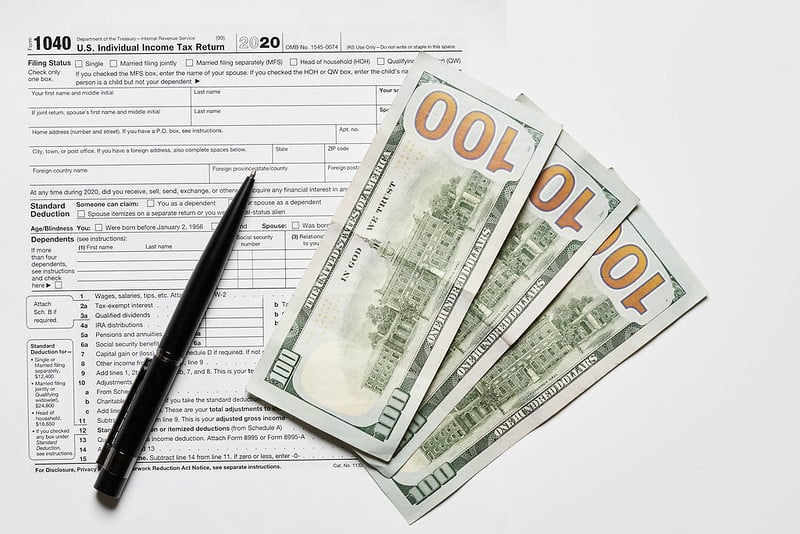Energy saving home improvements help keep your wallet fuller and the planet healthier. Even a few small changes, such as upgrading your light bulbs and thermostat, can make quite a difference in your energy consumption. There's also another way to save when making energy-efficient updates: tax credits. Here are the key facts to know if you made energy-efficient improvements to your home in 2021, or if you plan on doing so in 2022.
The Residential Energy Efficiency Property Credit
The residential energy efficiency property credit is the main federal tax credit claimed by those who install earth-friendly equipment in their homes. Those who qualify can claim 26% of the cost of upgrades made in 2021, or 22% of those made in 2022.
What Qualifies in 2021?
If you made energy-efficient updates in 2021, there's a good chance you qualify for a tax credit. The list of updates that qualified this year was long. Some common examples included:
- Energy-efficient roofs
- Energy-efficient doors and windows
- Biomass stoves
- Insulation updates
What Qualifies in 2022?
In 2022, the tax credit is more restrictive. Only appliances and upgrades that rely on a green, alternative fuel source qualify for this credit. Some common examples include:
- Geothermal heat pumps
- Solar water heaters
- Wind turbines and windmills
- Solar panels
- Solar roof shingles
What Do You Get?
A tax credit is money that is credited to you after your taxes have been calculated. It's not a deduction, in which a portion of your income is simply not taxed.
This is best illustrated with an example. Say you purchase a geothermal heat pump for $10,000 in 2022. With a tax credit of 22%, you would receive a $2200 discount on your federal tax bill.
As you can see, the savings with this credit can be substantial, making energy-efficient upgrades even more worthwhile.
Other Tax Incentives
Keep in mind that the federal home energy efficiency tax credit is only one way to save when you make energy saving home improvements. Some states offer additional tax credits and deductions for these updates.
If you run a business out of your home or claim a home office deduction, you may also be able to deduct a portion of the cost of your home improvements as a business expense on your Schedule C.
Keep in mind that the information above is meant to be general guidance. Everyone's tax situation is different, and the best way to know what credits and deductions you qualify for is to meet with a CPA or tax professional.
Energy-efficient home updates are good for your wallet and for the earth. If you'd like help making some updates, or simply maintaining your home in general, contact Hassle Free Home Services. We offer a wide range of maintenance and repair services to keep your home in great shape.




Leave a reply